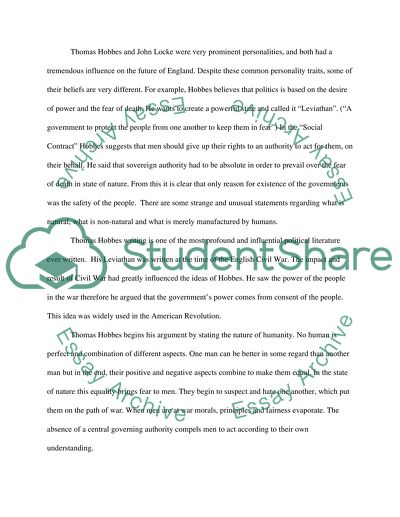Cite this document
(“The greater power of politics is within the grasp of people Essay”, n.d.)
Retrieved from https://studentshare.org/english/1423449-social-contract-literary-cannon
Retrieved from https://studentshare.org/english/1423449-social-contract-literary-cannon
(The Greater Power of Politics Is Within the Grasp of People Essay)
https://studentshare.org/english/1423449-social-contract-literary-cannon.
https://studentshare.org/english/1423449-social-contract-literary-cannon.
“The Greater Power of Politics Is Within the Grasp of People Essay”, n.d. https://studentshare.org/english/1423449-social-contract-literary-cannon.


